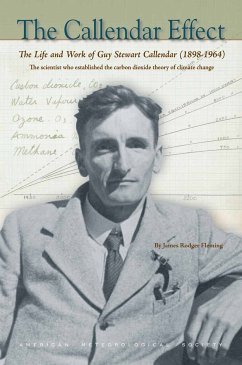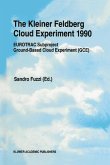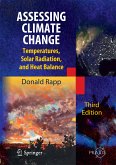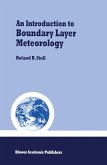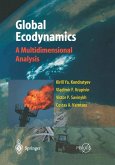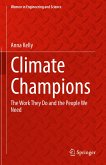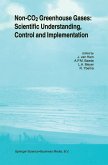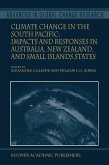This is the first biography of the remarkable scientist who linked the three key elements of global warming: rising temperatures, rising levels of anthropogenic carbon dioxide, and infrared sky radiation. He did this in 1938! The Callendar Effect is the name given to Guy Stewart Callendar's monumental discovery that climatic change could be brought about by increases in the concentration of atmospheric carbon dioxide due to human activities, primarily through burning fossil fuels. Callendar's life and work are reconstructed from his never-before-published original scientific correspondence, notebooks, and family letters and photographs. In addition to providing a readable and authoritative account of the early history of climate science, the book documents the influence of his family, especially his famous physicist father, and Callendar's contributions to a number of important technical issues, including British and international steam engineering, the infrared spectra of complex molecules, the World War II fog dispersal system FIDO.
Dieser Download kann aus rechtlichen Gründen nur mit Rechnungsadresse in A, B, BG, CY, CZ, D, DK, EW, E, FIN, F, GR, HR, H, IRL, I, LT, L, LR, M, NL, PL, P, R, S, SLO, SK ausgeliefert werden.

